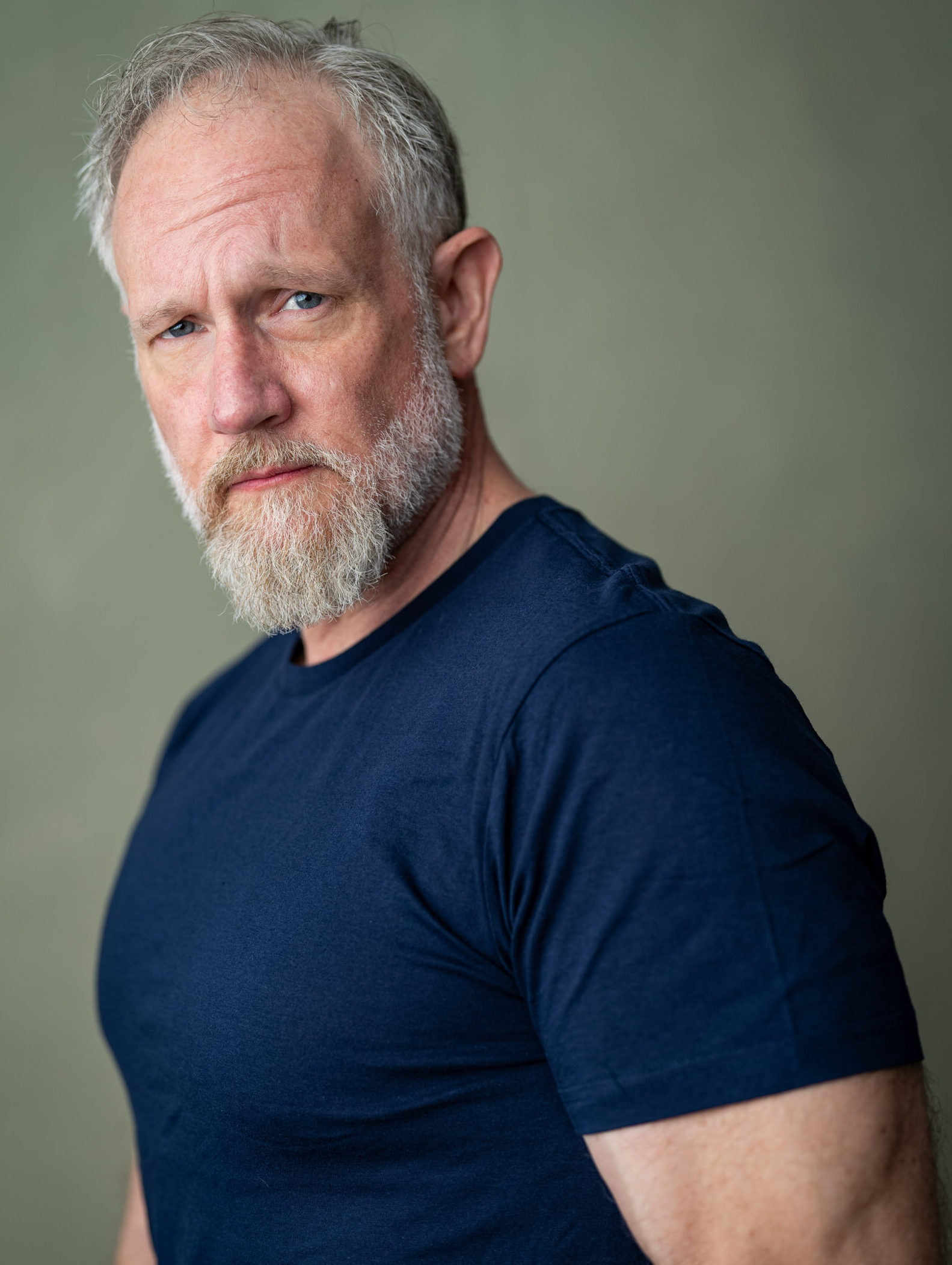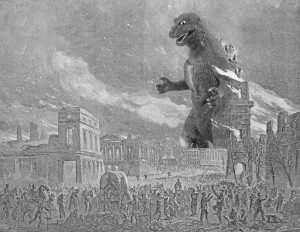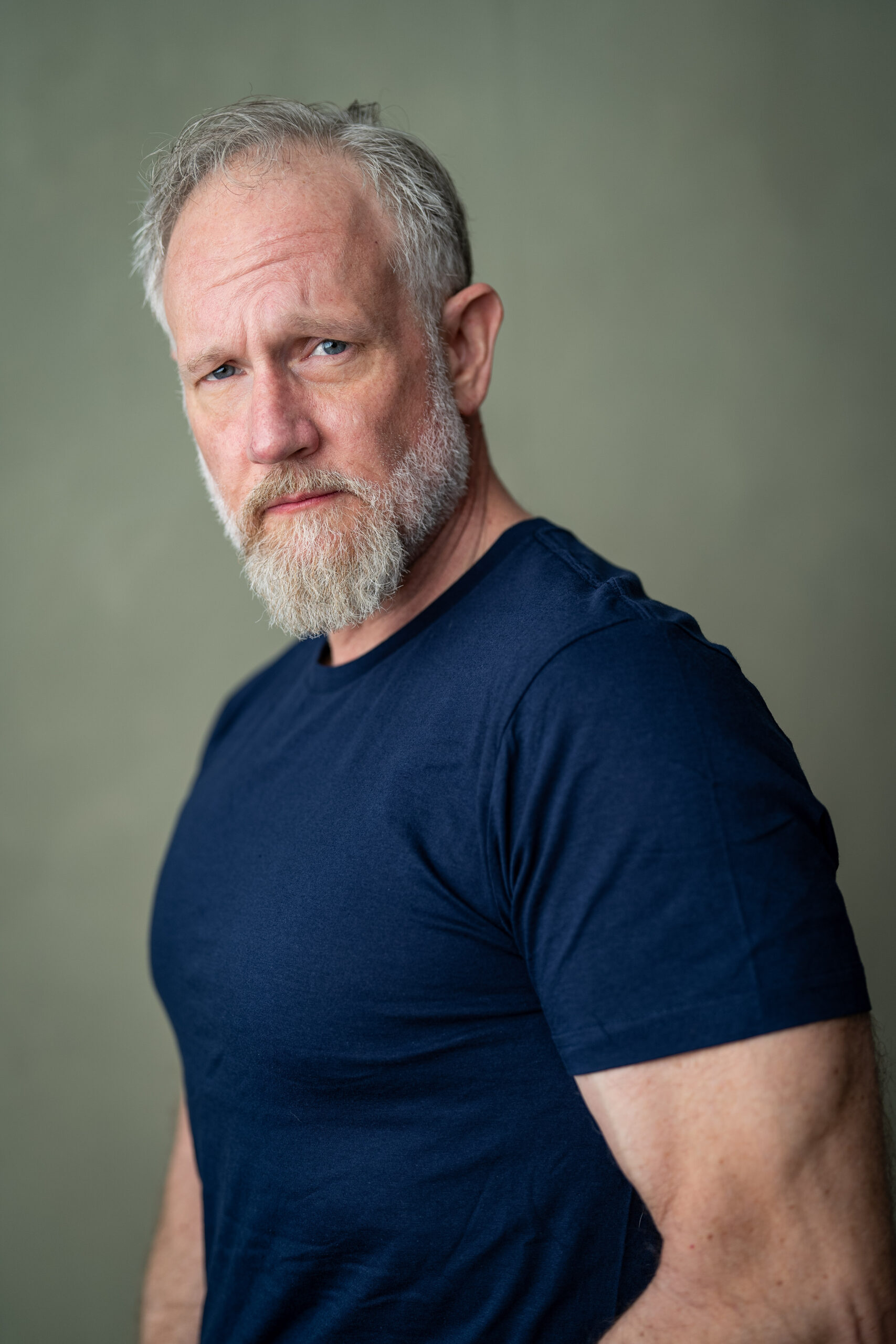Reading the General, or Ixnay on the “Sherman Didn’t Burn Enough” Bumper Sticker
Then sang we a song of our chieftain
That echoed over river and lea;
And the stars of our banner shone brighter
When Sherman marched down to the sea! *
One-hundred fifty years ago this week, General William Tecumseh Sherman sat on a log on the Broad River—not far from where I type this evening—and watched a pontoon bridge being built. Soon his 65,000-soldier Union army would cross that river and enter Columbia, “the capital of the haughty state that instigated and forced forward this treason which has brought on desolating war.” That is how General Sherman’s aide-de-camp, George Ward Nichols, described the South Carolina capital, at the time a critical Confederate administrative city.
(What a coincidence that Columbia now serves as a Tea Party mecca and political funding guinea pig. Perhaps that fate could have been prevented had a mysterious match never been struck.)
While on the west bank of the river, Sherman ordered a soldier to cross and send assurance to his family friend “that we [contemplate] no destruction of any private property in Columbia at all.” In his memoirs, Sherman states that he caused no deaths in the city to this point, despite the fact that Confederate forces had been shelling the northern camps across the river: “I have always contended that I would have been justified in retaliating for this unnecessary act of war, but did not, though I always characterized it as it deserved.”
On February 17, 1865, Mayor Thomas J. Goodwyn surrendered the capital city of South Carolina to Union forces. Later that evening, Mayor Goodwin’s Columbia was ablaze. (Some, myself included, would argue that it is a fire that never really stopped burning.)
General Sherman and his officers apparently “worked with their own hands until long after midnight, trying to save life and property.” Lt. Cornelius C. Platter (81st Ohio Infantry Volunteers) suggested the next day, as Columbia lay in smoldering ruins, that the inferno was the work of “whisky … not the soldiers.” Still, it’s hard not to lay the Burning of Columbia squarely at Sherman’s feet.
No matter who deserves “historical credit,” the event remains one of the most infamous in U.S. history—which is quite the scroll in and of itself. But the torching of the capital of the State that launched the Civil War’s first cannonball in Charleston Harbor—well, it’s just too hard for anyone from Herodotus to Howard Zinn not to frame this as a classic case of Ezekiel 25:17 “great vengeance and furious anger,” as it were.
General Sherman himself, in the end, put it best:
The truth is, the whole army is burning with an insatiable desire to wreak vengeance upon South Carolina. I almost tremble at her fate….
…
I was recently asked to read publicly from the letters of General Sherman at a South Carolina State Museum event that formally commemorated the sesquicentennial of the tragedy. Our awesome troupe of actor-readers even made the Washington Times. (Guess the Post was busy that day.) The event was truly wonderful—about 500 people attended over the course of the evening.
The reading was held in the State Museum’s brand new digital planetarium. The twinkling stars as they appeared in February 1865 appeared above us, while a ring of fire surrounded the theatre’s spherical screen. I was booed each time I was introduced as General Sherman. Someone even “assassinated” me from the audience with a finger firearm.
“Bang!”
Despite that pointer pistol, Columbia burned again.
Please note that I used the word “tragedy” above. That’s a new thing for me.
I am a native Midwesterner, born and reared upon the frozen hinterlands of Minnesota. About the only thing I knew about the Civil War before I left the Twin Cities two decades ago was that the First Minnesota Volunteer Infantry Regiment walked across the country only to be decimated at the Battle of Gettysburg. (That fact is a memory from high school, so someone correct me if I’m wrong. The Wikipedia article seems to back up my memory.)
There are a lot of progressives who might be tempted to sneer at Sherman’s March to the Sea and the blazing trail of revenge wrought by the Union Army. I used to be one of them. Among close friends I used to joke that I was going to get a bumper sticker that reads: “Sherman didn’t burn enough.”
There is more to that coarse statement than meets the eye, so don’t throw stones at me quite yet—not at least until you read the following lines from the diary of General Sherman’s Aide-de-Camp George Ward Nichols:
Columbia will have bitter cause to remember the visit of Sherman’s army. Even if peace and prosperity soon return to the land, no not this generation nor the next, no, not for a century—can this city of the state recover from the deadly blow which has taken its life.
Drunk or sober, Sherman’s Army (whoever in it is to blame) knew exactly what it was doing. They were intentionally embittering the enemy. If you don’t believe me, I invite you to visit Columbia and spend some time on the State House grounds admiring the Confederate Flag and the statue of Ben “Lynch ’em All” Tillman.
South Carolina continues to dig in its heels about its “cultural heritages.” But maybe that’s only because the South was left to rot in the aftermath of the 1860s. Maybe if the South had been properly educated and restored (rather than “reconstructed”), there would have been a moment of true social “re-genesis.” I guess the only other option would have been razing it completely and forcing everyone to vacate the region.
Shoulda, woulda, coulda.
Well, here we are: 150 years later.
Was all that revenge worthwhile?
Men like Lord Allen of Hurtwood and Bertrand Russell once argued that making Germany suffer horribly in the aftermath of World War I would have no long-term benefits for Civilization. Hmm. I wonder how many skeletons across Europe now agree.
Tens of thousands of civilians were slaughtered in Dresden near the end of World War II for no purpose other than revenge. Ask Kurt Vonnegut what he thought of that godawful day in February 1945 (two months before Hitler committed suicide) when nearly 4,000 tons of bombs were dropped from the sky upon “Florence on the Elbe”:
The Dresden atrocity, tremendously expensive and meticulously planned, was so meaningless, finally, that only one person on the entire planet got any benefit from it. I am that person. I wrote this book, which earned a lot of money for me and made my reputation, such as it is. One way or another, I got two or three dollars for every person killed. Some business I’m in.
It took me a long time to come to this realization in full, but I have finally arrived: in the end, revenge is for the small mind.
No matter how thickly we want to lay it upon our enemies, it’s just not worthwhile. It’s not productive.
Mercy and education instead is the stuff of big boy and big girl Civilization.
…
Postlude
I moved to Columbia, South Carolina, in January 2003. Several weeks after I arrived, the Space Shuttle Columbia exploded in the sky.
If that seemed an eerie coincidence (hello Columbia, goodbye Columbia), then imagine how it feels 12 years later to have formally commemorated the sesquicentennial of the Burning of Columbia by publicly reading the following Christmas Eve 1864 letter from General Sherman, while he was headquartered in Savannah and contemplating his February 1865 advance to Columbia:
To be sure, Jeff. Davis has his people under pretty good discipline, but I think faith in him is much shaken in Georgia, and before we have done with her South Carolina will not be quite so tempestuous … The truth is, the whole army is burning with an insatiable desire to wreak vengeance upon South Carolina. I almost tremble at her fate, but feel that she deserves all that seems in store for her.
[Those interested can read the entire letter from General Sherman to Major General H.W. Halleck here.]
As it stands, my tenure in South Carolina is currently bookmarked between the burning of two Columbias.
The older I get, the more I see exploration—the singular purpose of Space Shuttle Columbia—as the only way to right the ship (and the wrongs) of the global military industrial complex. Civilization must commit itself to peaceful coexistence rather than militaristic destruction—or as the NASA vision statement puts it much more poetically:
To reach for new heights and reveal the unknown so that what we do and learn will benefit all humankind.
It’s either that or we keep torching cities. Yeah, I’ll take exploration, thank you.
…
Mayor Thomas J. Goodwin, who surrendered Columbia to the Union forces, perhaps deserves the final word today. Several weeks after Columbia was burned, he wrote about the depressed condition of his post-Sherman’s Barbecue community:
It is with [great] grief that I communicate our terrible calamity, at least four[-fifths] this of our city is in ashes, very little of the valuable part left with the destruction of our homes, the vandals destroyed near all the furniture & nearly all the provisions … When the enemy left us, with a view to white wash their savageness, they left us five hundred head of cattle, the cattle was so poor that they could not drive them off, they are dying daily on our hands, what wheat that was left in one mill that was not burnt, we are grinding & [dividing] amongst our people.
Holy cow. General Sherman, what did you do to these people?! Oh, I’m sorry, I didn’t mean to interrupt Mayor Goodwin. He wasn’t finished talking:
The negroes of our city are now brought to tolerable subordination by rigid discipline but there is great complaint of them in the country … we want a cavalry force to scour through this district and shoot a few negroes and put them work on some plantations.
Holy— Now I have to ask myself: am I sure of my words above? Is revenge truly for the small mind? Is mercy really the stuff of big boy and big girl Civilization?
Because, to be honest, it is so damned hard not to want to burn down the city of the man who wrote those words.
At the end of the day, indeed, there is a better way. Violence is never the answer. Education and mercy are the only way to cultivate Civilization—to right society’s wrongs.
Let’s revisit the subject in another 150 years and test my theory.
* Note: The song excerpt at the introduction is from “Sherman’s March to the Sea,” a poem composed by Adjutant Byers, who had been a Northern POW in Columbia, and who presented the poem to General Sherman upon being rescued by his army.
{Originally published on the website Forward Progressives on February 16, 2015. The website recently closed down without maintaining an archive. The original article received more than 100,000 views.}
- Posted by
 Arik Bjorn
Arik Bjorn - Posted in Arik's Articles
 Feb, 16, 2015
Feb, 16, 2015 No Comments.
No Comments.
I think Uber Nights is the perfect bathroom book. If there are any public libraries out there listening, I think they should put a copy in every stall.
-Read more about Uber Nights







